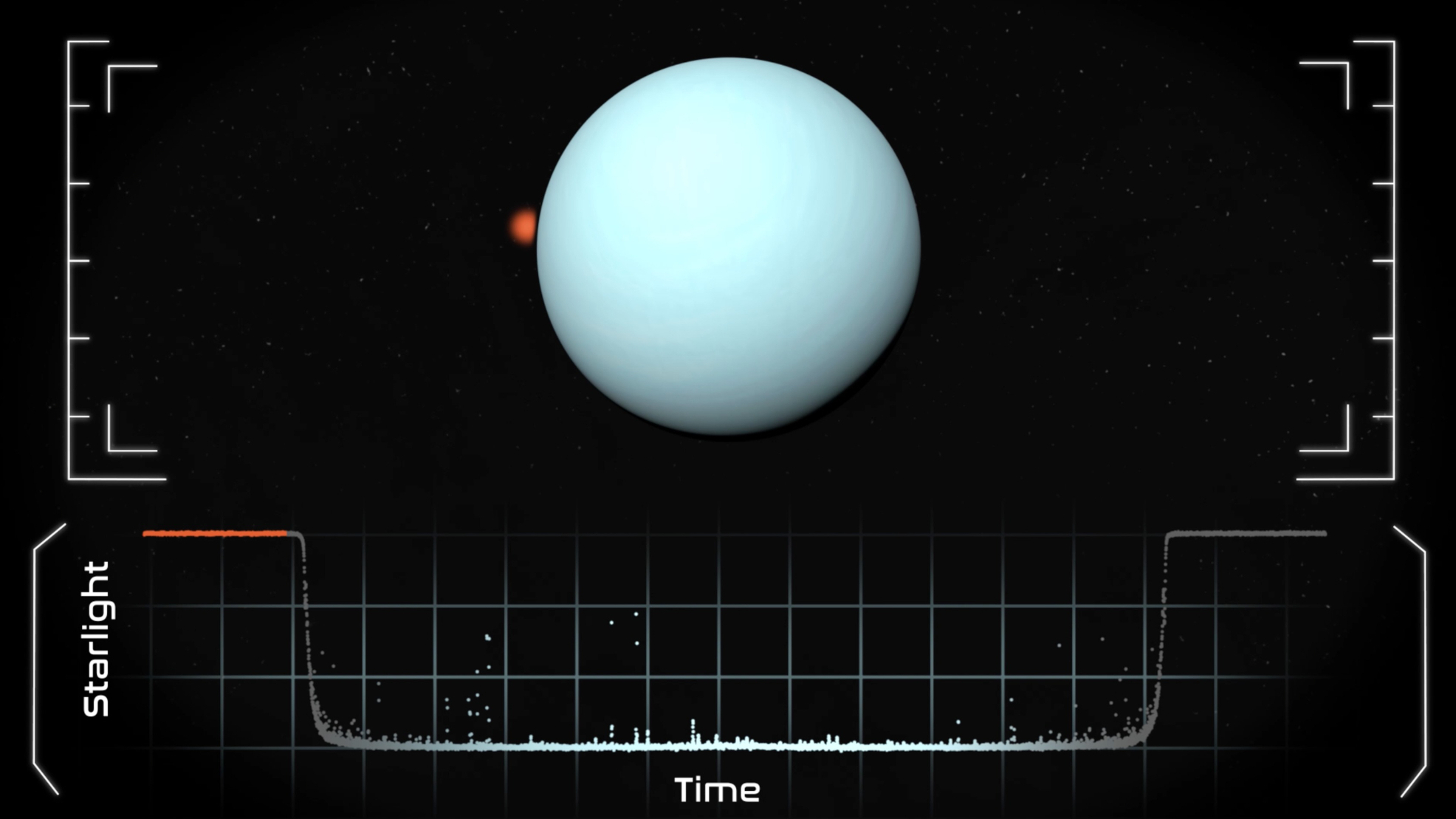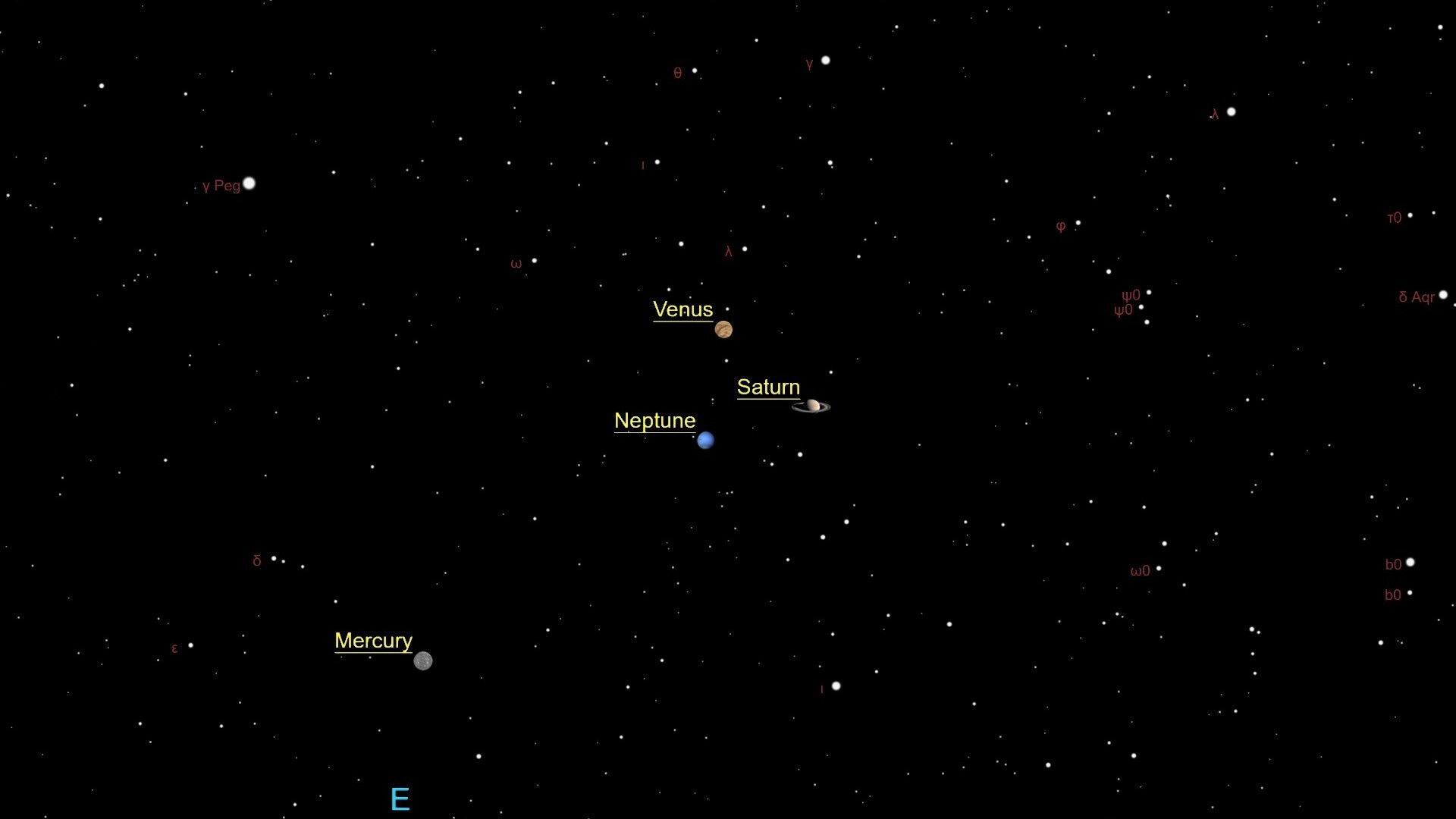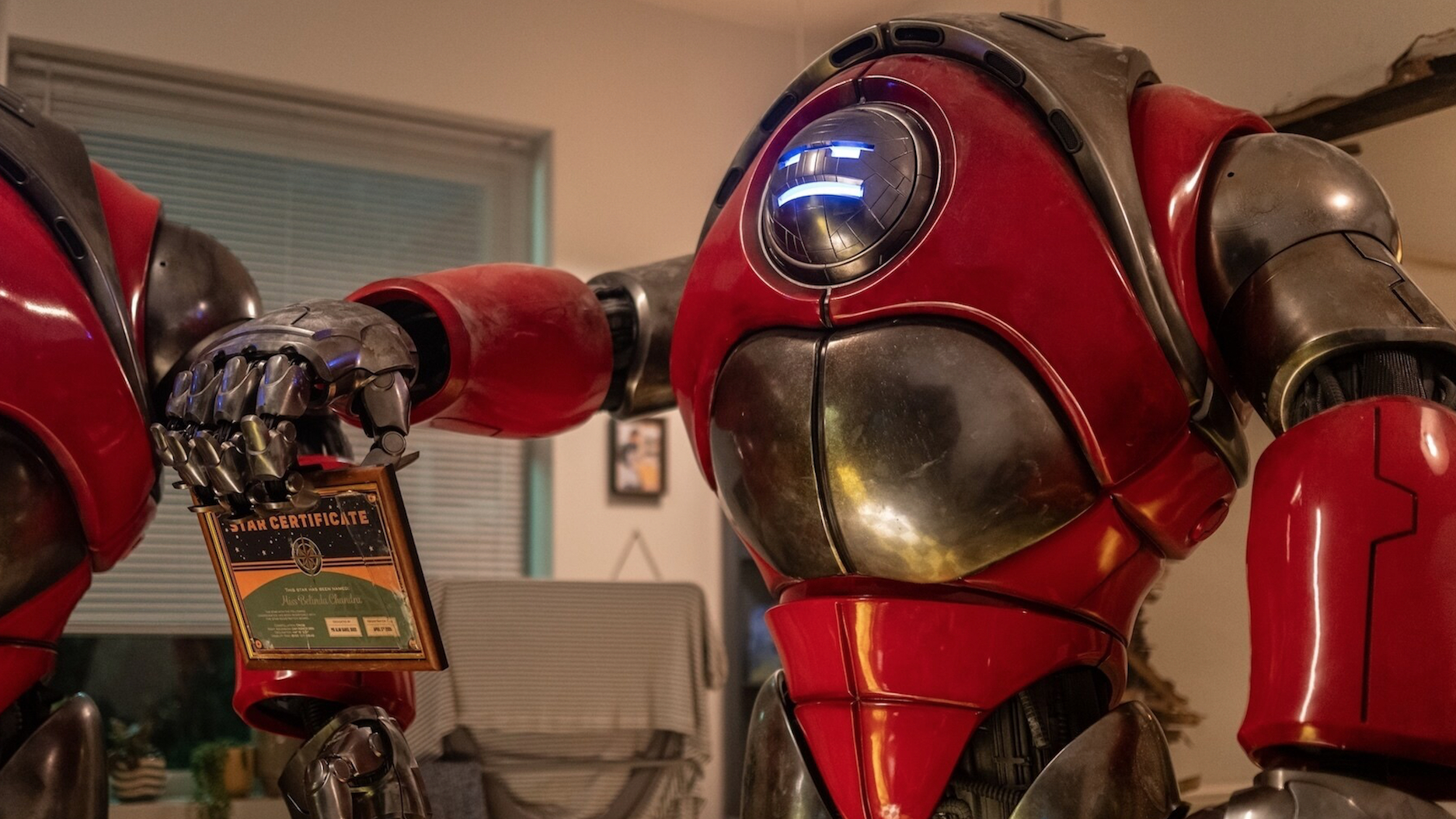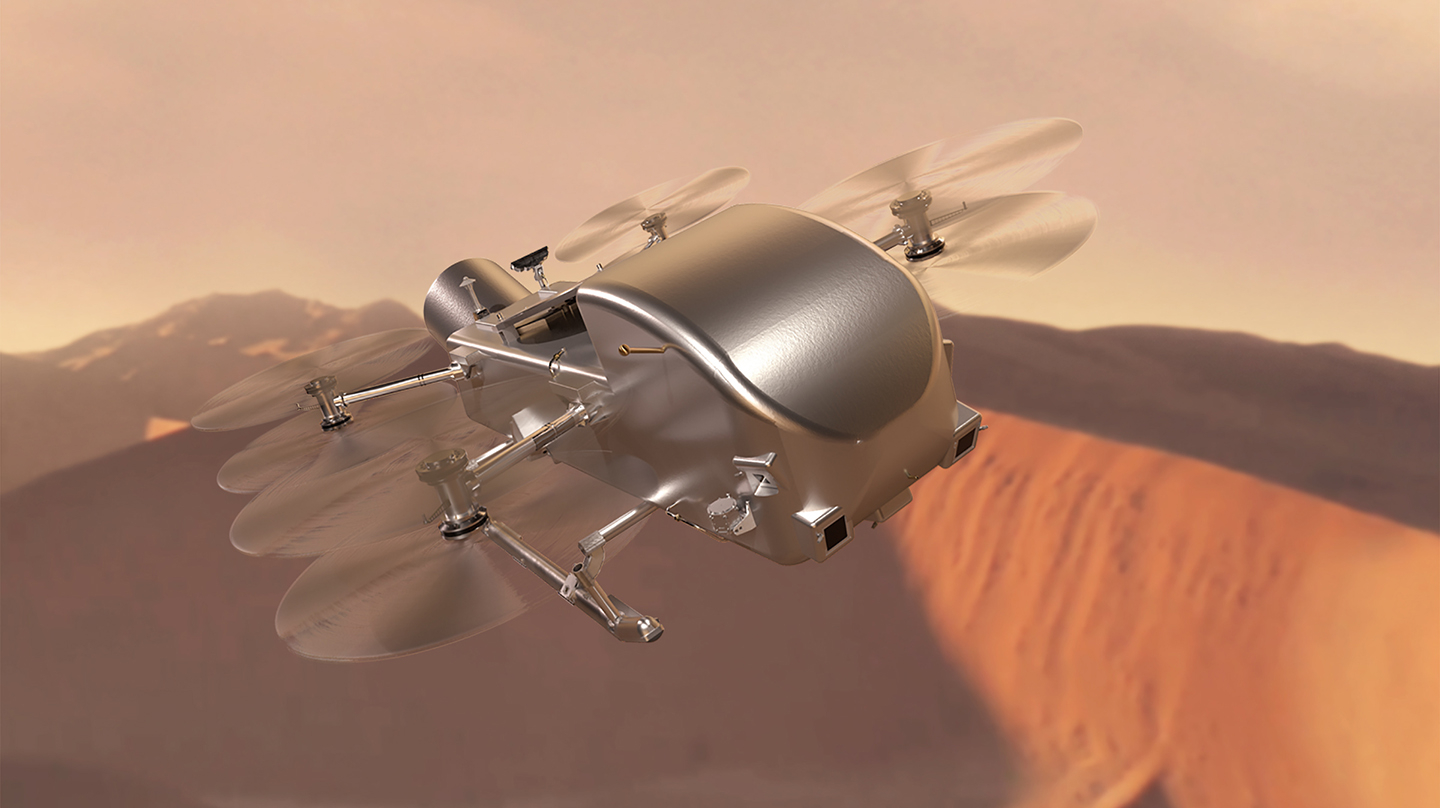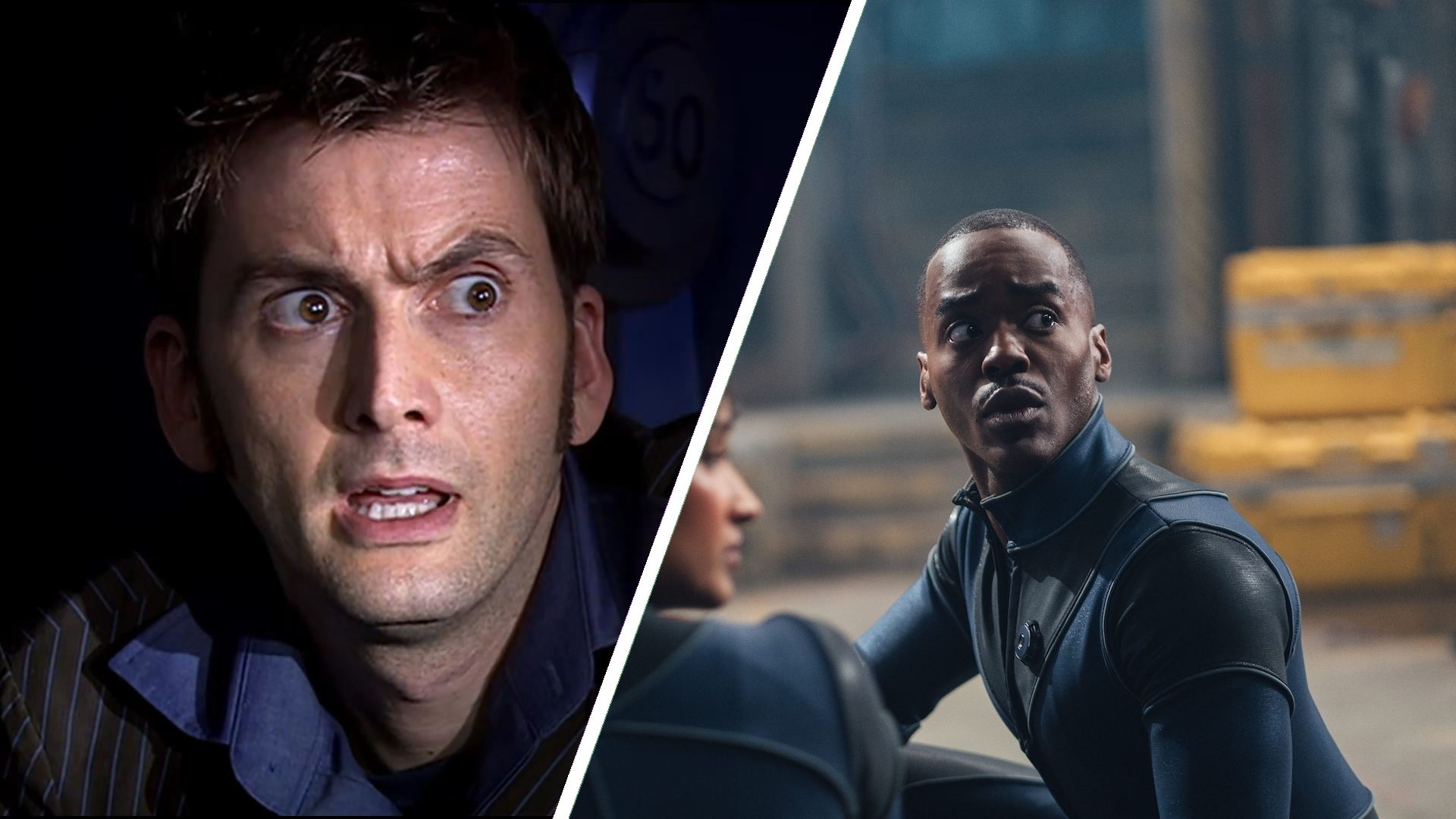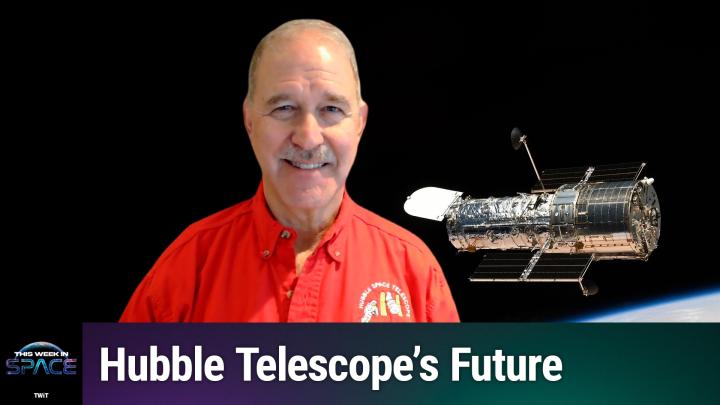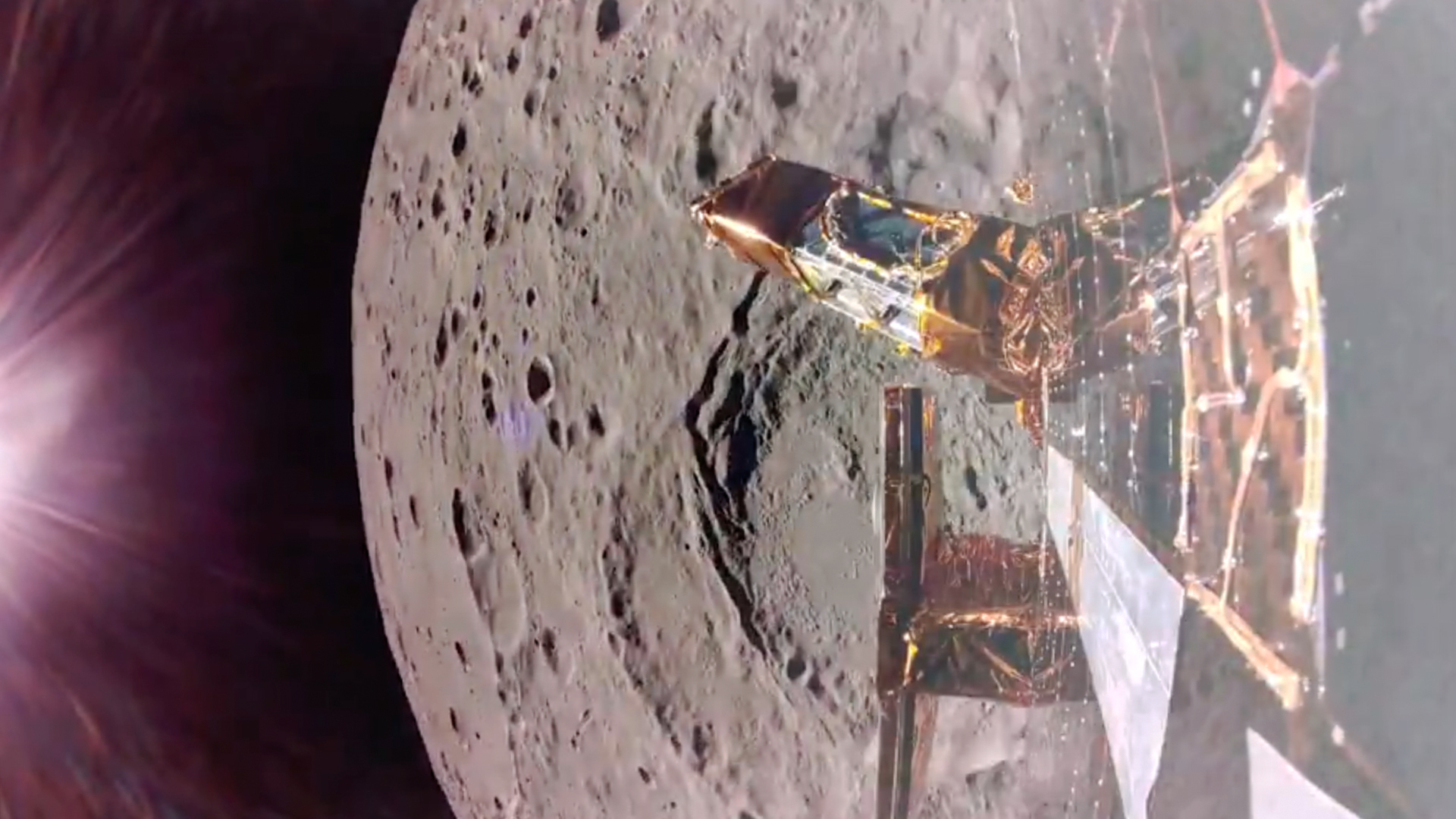NASA 2006 Budget Presented: Hubble, Nuclear Initiative Suffer
WhileNASA fared better than many federal agencies in U.S. President George W. Bush's2006 budget request, the White House is not seeking as much money for the U.S. spaceagency as previously planned.
TheWhite House is seeking $16.45 billion for NASA in the 2006 budget. That's anincrease of 2.4 percent over what the U.S. space agency has in its 2005budget, but still about $500 million less than what the agency had beenexpecting.
WhenBush gave NASA a new space exploration vision last year, he also pledged tohelp pay for it with three straight years of roughly 5 percent budgetincreases. Bush -- with help from House Majority Leader Tom DeLay(R-Texas) -- delivered on that promise for 2005, but his 2006 request forecastsmuch more modest increases through the end of the decade.
NASA's2006 budget request, which is headed to Congress Feb. 7, keeps many of theagency's space exploration goals on track, but a number of high-profile effortshave been canceled, postponed or scaled back.
Thebiggest casualty of NASA's latest budget request is the Jupiter Icy MoonsOrbiter (JIMO) mission, which is effectively canceled in the 2006 request. NASAhad planned to launch the multi-billion dollar probe around 2015 as the ProjectPrometheus nuclear power and propulsion initiative's flagship demonstration.
NASAofficials now say JIMO is too ambitious an undertaking for an initialdemonstration, and a search for an alternative mission is underway. NASA isstill requesting $320 million to continue nuclear power and propulsion work in2006, but that is substantially lower than the roughly $500 million the agencyhad planned to spend based on last year's five-year budget projection.
NASAalso has trimmed its request for Project Constellation, which is intended todevelop a Crew Exploration Vehicle that can transport astronauts to the Moon.
Get the Space.com Newsletter
Breaking space news, the latest updates on rocket launches, skywatching events and more!
NASAComptroller Steven Isakowitz, briefing reportersahead of the formal budget release, said the $1.1 billion the agency is seekingis enough to keep development of the Crew Exploration Vehicle on track for a2014 delivery. He said NASA still intends to award at least two designcontracts later this year and hold a 2008 fly-off that will determine who getsthe contract to build the multi-billion dollar vehicle.
Spendingon the space shuttle program is expected to drop to $4.3 billion in 2006 aftertopping out at $5 billion this year. That $5 billion figure includes $760million tied to improvements made in the wake of the February 2003 Columbia accident. Still,NASA's 2006 request for the shuttle program is about $200 million higher thanwhat the agency had previously forecast.
NASA'sbudget request includes no money for any type of Hubble Space Telescopeservicing mission, as first reported by SpaceNews. Instead NASA is seeking $75 million to continue development of a deorbit mission the agency needs to launch around the endof the decade to steer the giant telescope safely into the ocean once it is nolonger capable of doing science. The agency also is asking for an additional$20 million to investigate ways short of launching a space shuttle or roboticrepair mission to keep the telescope in service as long as possible. Hubble isexpected to go dark in 2007 or 2008 as critical components fail.
Isakowitz said the agencyrecently decided that there is not enough time to mount a robotic repairmission that stands a good chance of saving Hubble.
ANational Academy of Sciences panel reached the same conclusion in December andrecommended that NASA reinstate a space shuttle servicing that the space agencycanceled last year citing safety concerns. Isakowitzsaid NASA still thinks repairing Hubble is not worth risking the lives ofastronauts. "We know the academy reached a different conclusion," hesaid. "We don't agree with the academy on their findings." Amongother budget highlights:
- NASA's Science Mission Directorate would get about $5.5 billion in 2006, a budget that Isakowitz said keeps the James Webb Space Telescope on course for a 2011 launch, continues the development of robotic missions to the Moon and Mars, and adequately funds a number of ongoing Earth science programs.
- NASA's Aeronautics Mission Directorate would see its budget drop to $850 million in 2006, marking the beginning of a steady decline that pares the directorate back to $700 million by decade's end.
Join our Space Forums to keep talking space on the latest missions, night sky and more! And if you have a news tip, correction or comment, let us know at: community@space.com.
Brian Berger is the Editor-in-Chief of SpaceNews, a bi-weekly space industry news magazine, and SpaceNews.com. He joined SpaceNews covering NASA in 1998 and was named Senior Staff Writer in 2004 before becoming Deputy Editor in 2008. Brian's reporting on NASA's 2003 Columbia space shuttle accident and received the Communications Award from the National Space Club Huntsville Chapter in 2019. Brian received a bachelor's degree in magazine production and editing from Ohio University's E.W. Scripps School of Journalism.
